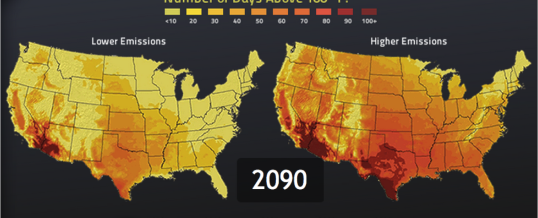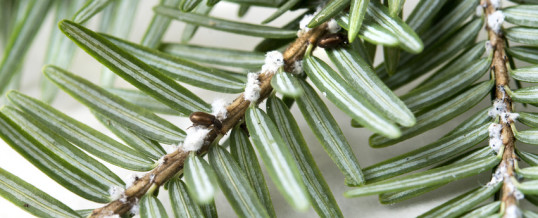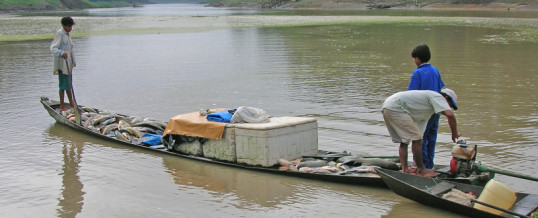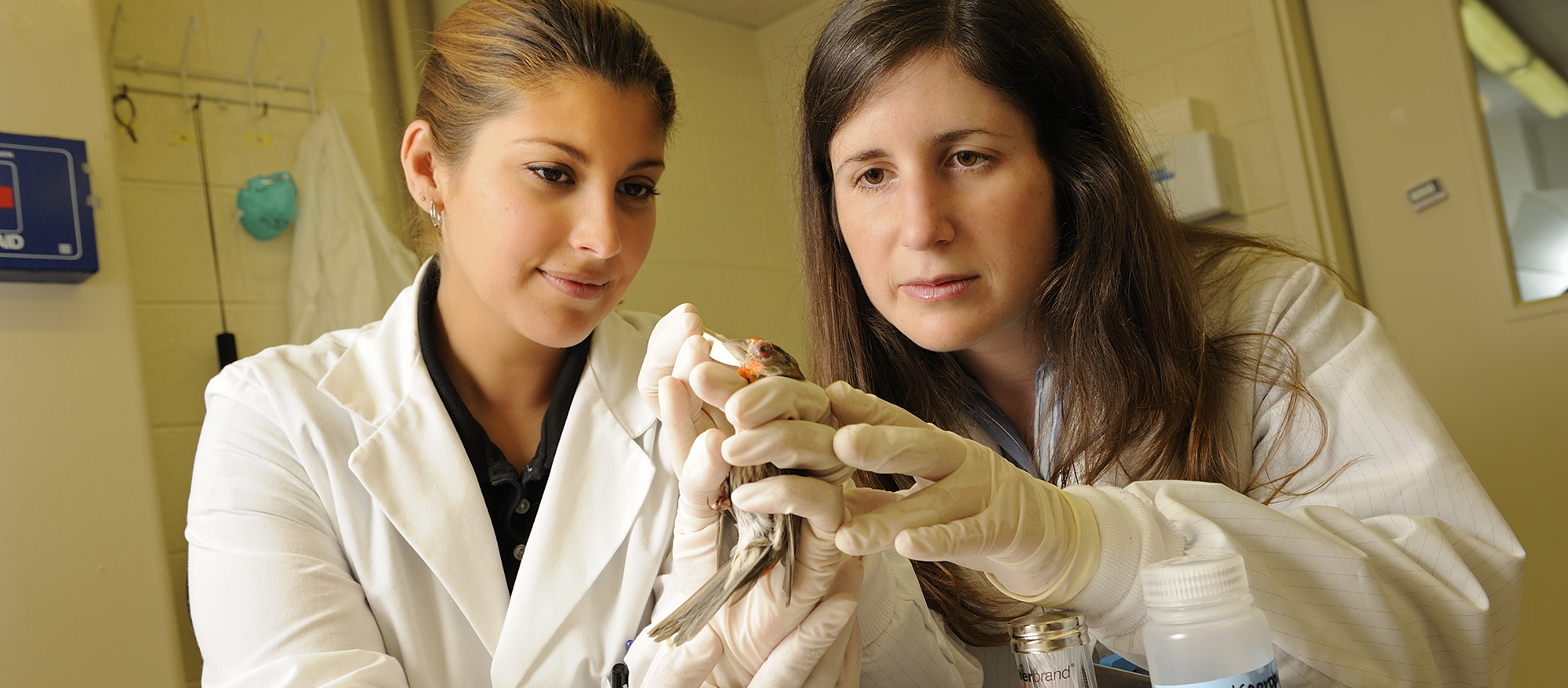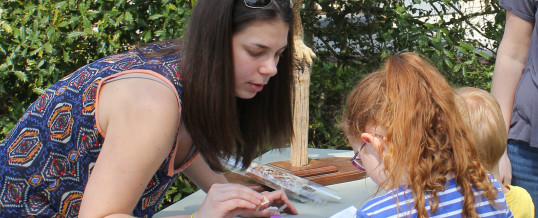Ben Grumbles, U.S. Water Alliance
Tuesday, April 29, 2014 (2:00-3:00 p.m.)
Virginia Bioinformatics Institute (VBI) Auditorium
Ben Grumbles is President of the U.S. Water Alliance–a non-profit, educational organization dedicated to uniting people and policy for “one water” sustainability. Possessing one of the broadest and most diverse memberships in the country, the Alliance has public and private sector leaders focusing on quality and quantity water issues both above and below the surface. The Alliance also focuses on the connections of energy, land, food and transportation as they relate to water, and the need for an integrated “one water” management philosophy. Mr. Grumbles has served as Director of Arizona’s Department of Environmental Quality, Assistant Administrator for Water at U.S. EPA, and in the U.S. House of Representatives on both the Transportation and Infrastructure Committee and the Science Committee. Ben has a Master’s Degree in environmental law from George Washington University, a J.D. from Emory University Law School, and a B.A. from Wake Forest University.
Abstract: Everyone wants clean, safe, abundant, and affordable water but it’s not so easy. Aging systems, increasing development pressures, changing climates, and challenging public attitudes make the balancing act more difficult and complex. Here are three of the most basic threats and sustainable solutions.
Threat #1: Water is forgotten and taken for granted. The infrastructure systems are invisible, unappreciated, and underfunded. Solution: Local and national campaigns are needed to change the way America views, values, and manages water. True value and full cost pricing with smart metering and social safety nets will help.
Threat # 2: Water policies are fractured and fragmented. All water is local and beyond. 20 federal agencies and countless federal laws and policies get into the mix, along with wildly diverse state and local laws and policies. Agencies and citizen boards segment the water cycle into separate components and turf battles. Quantity and quality, surface and groundwater, Clean Water Act and Safe Drinking Water Act programs are rarely coordinated and almost never integrated. Decisions on energy development, from fracking to biofuels, agricultural production, housing and transportation often fail to include water impacts and needs. Solution: More holistic, “One Water” management, at the local, regional, and national levels will result in smarter decisions for the future of water. New paradigms on water efficiency and reuse, onsite and neighborhood-wide in urban and rural settings, and watershed restoration and governance are needed.
Threat #3: Water innovators are fearful and frozen in place. Risk-averse policies and policymakers often block the development and use of improved technologies, management tools, and financial strategies due to lack of information and legal or political constraints. Solution: Coordinated strategies and university-driven technology clusters are needed to facilitate the approval and use of new tools. The vision for a “blue innovation nation” includes strategies to shift our culture from gray infrastructure to green, treat and discharge plants to resource recovery centers, end-of-pipe permitting to market-based trading, and public-only funding to public-private partnerships that maintain the public’s trust.
This seminar is sponsored by: Virginia Water Resources Research Center and the Institute for Critical Technology and Applied Science (ICTAS).

